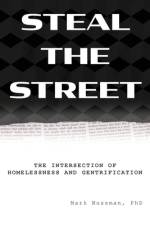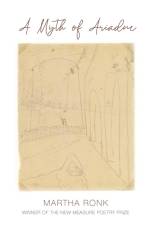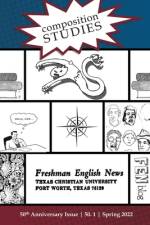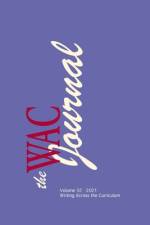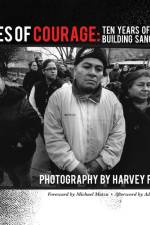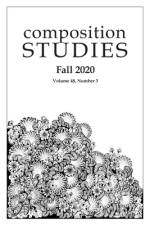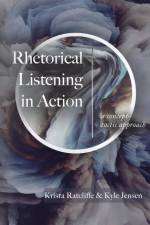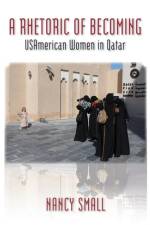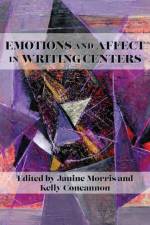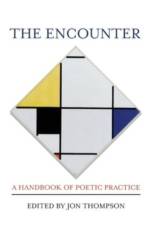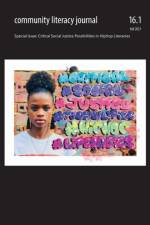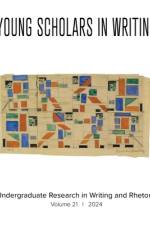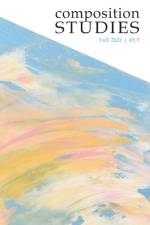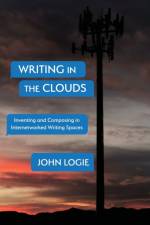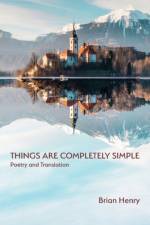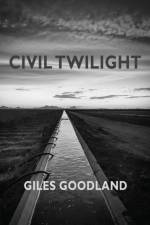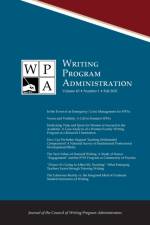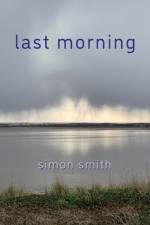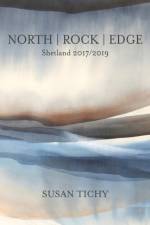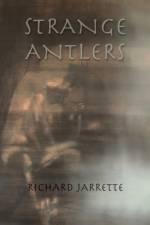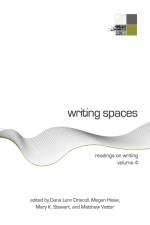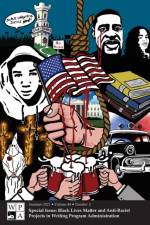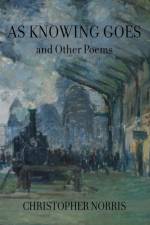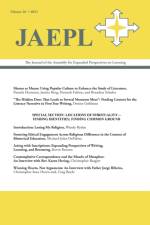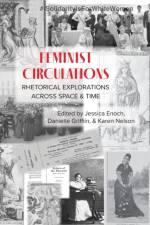361
Where does poetry come from? THE ENCOUNTER: A HANDBOOK OF POETIC PRACTICE addresses this question by offering personal essays by thirty different contemporary poets who reflect upon an encounter that has been formative in their own life. In evaluating their own experience, the poets in this collection cast light upon their own poetic process and their own coming to form. Whether by considering encounters with richly-individualized people, paintings, poems, poetic forms, or places, the astonishing and diverse poets assembled in this book offer a textured map of the many ways that poems come to be. The Encounter: A Handbook of Poetic Practice presents a set of invaluable resources for poets to rethink poetic practice and it showcases an unexpected and revelatory set of autobiographical personal essays for the general reader. Representing poets from a diverse set of backgrounds and from across the spectrum of contemporary poetry, the essays in this collection are written by Rae Armantrout, Jennifer Atkinson, Dan Beachy-Quick, Kelvin Corcoran, Martin Corless-Smith, Eduardo Corral, Laura Da'', Carolyn Forché, David Herd, Paul Hoover, Ger Killeen, L. S. Klatt, Éireann Lorsung, Farid Matuk, Rusty Morrison, Sawako Nakayasu, Eric Pankey, Carl Phillips, Donald Revell, Peter Riley, Ed Roberson, Elizabeth Robinson, Martha Ronk, Ian Seed, Simon Smith, Donna Stonecipher, Cole Swensen, Anne Waldman, Felicia Zamora, and Matthew Zapruder.Jon Thompson is a poet, essayist, and editor. He has published four full-length collections of poems, the most recent of which is Notebook of Last Things (Shearsman Books, 2019) and individual poems widely in journals. He is editor of Free Verse Editions, a poetry series, and Illuminations: A Series on American Poetics, both published by Parlor Press. More on him can be found at www.jon-thompson.com.



